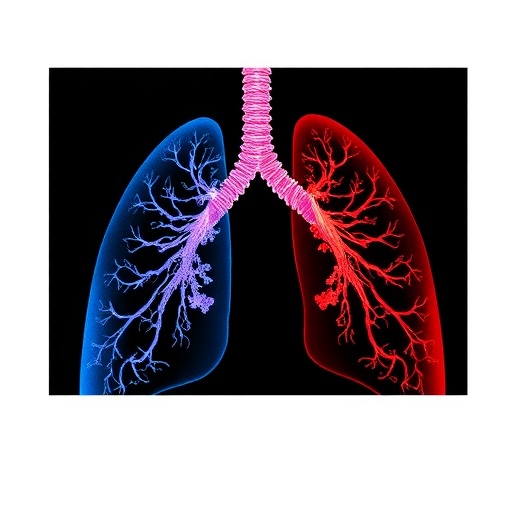A recent study published in Cancer Discovery by researchers from the German Cancer Research Center (DKFZ) and Stanford University reveals that EML4-ALK fusion variants, responsible for approximately 5% of lung adenocarcinomas, exhibit unique oncogenic behaviors. Utilizing advanced CRISPR genome editing techniques in mouse models, the team demonstrated that these variants function more like distinct oncogenes, which could significantly alter clinical approaches to classification and treatment of lung tumors.
The EML4-ALK fusion arises from the rejoining of segments from the EML4 and ALK genes, resulting in an abnormal protein that promotes tumor growth. Variability in the breakpoints leads to multiple fusion variants, historically treated uniformly with ALK-targeted therapies. However, senior author Rocío Sotillo, PhD, emphasized that this one-size-fits-all strategy neglects critical biological differences among the variants.
The study’s findings indicate that mice with the V3 variant developed larger tumors more rapidly than those with the V1 variant, highlighting V3’s heightened oncogenic potential. Furthermore, pharmacogenomic analyses revealed that drug responses vary significantly between the variants, with V1 tumors showing greater sensitivity to the ALK inhibitor lorlatinib compared to V3 tumors, which exhibited resistance. This underscores the necessity for a more tailored therapeutic approach based on the specific EML4-ALK variant present in patients.
By establishing that EML4-ALK variants differ in their oncogenic capabilities and treatment responses, this research challenges the conventional practice of uniform treatment for ALK fusion-positive lung cancers. As precision oncology evolves, understanding the specific fusion variant and associated genetic alterations will be crucial for optimizing treatment strategies and improving patient outcomes.
Start your 7-day trial and see what the database can do →



